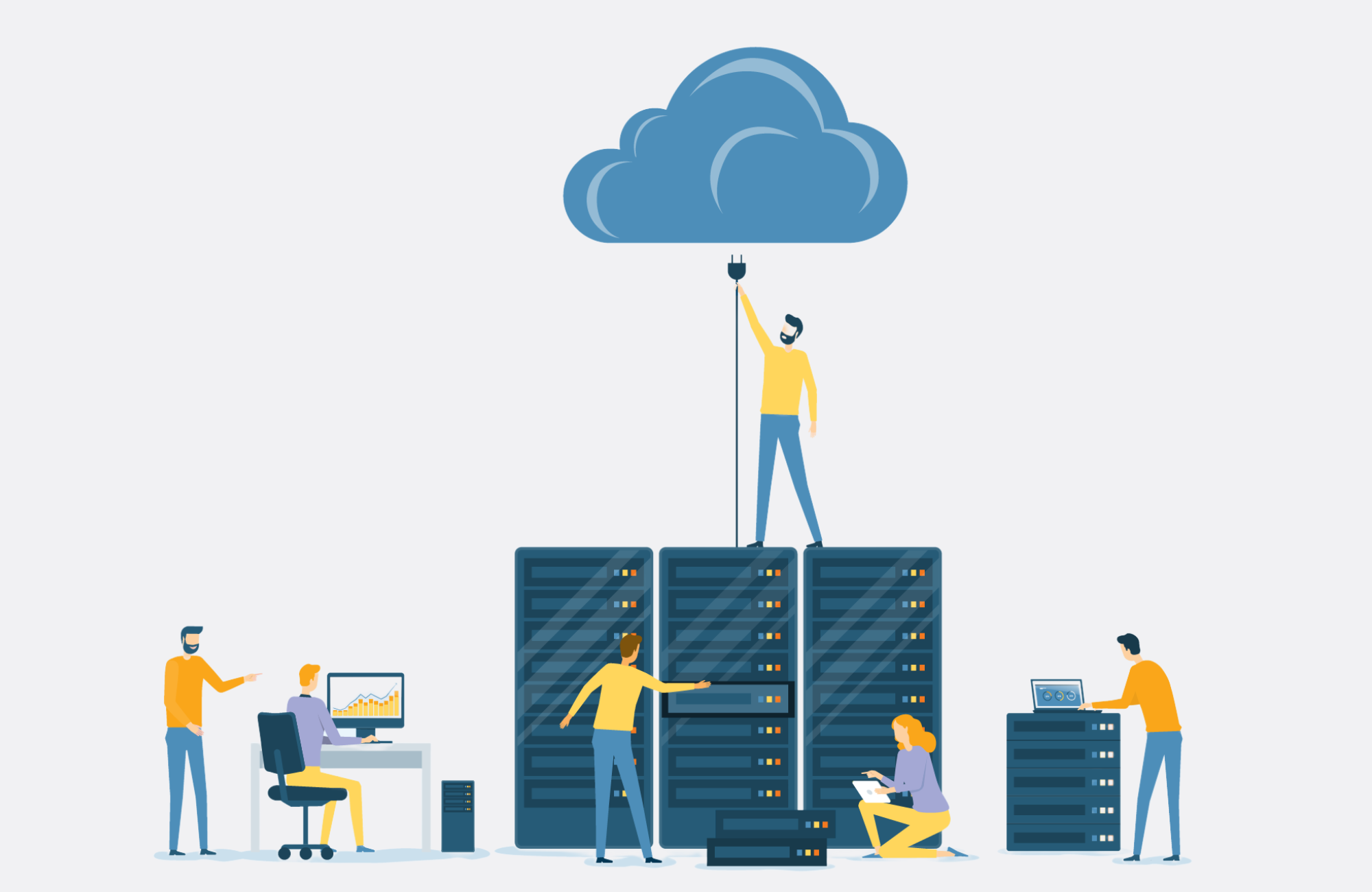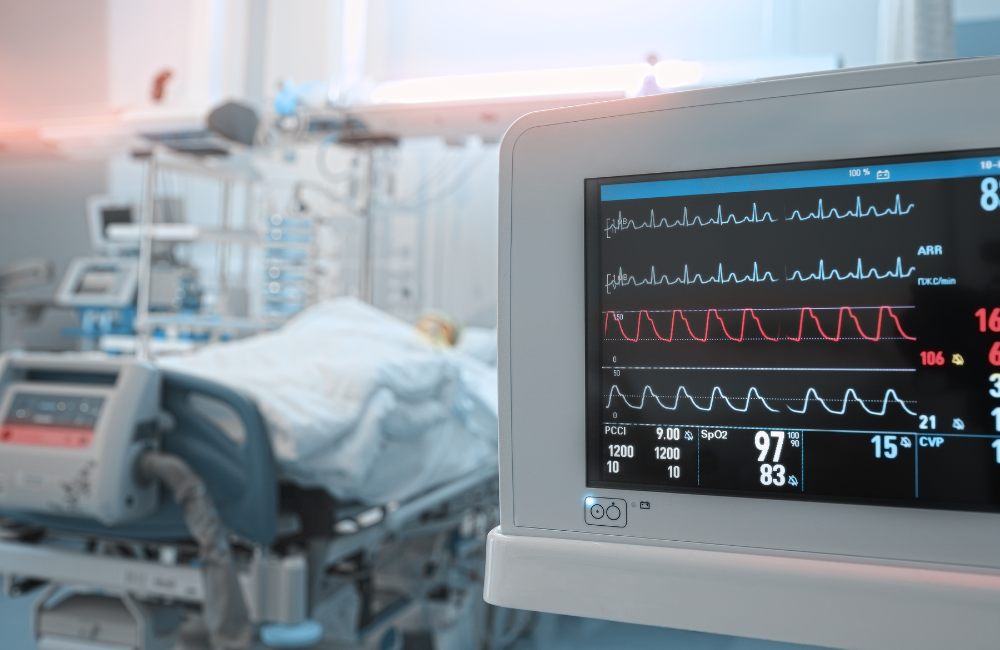“Future-proofing” is becoming a priority for data center stakeholders. In relation to climate
change and energy conservation, future proofing refers to eliminating dependency on fossil fuels
and providing an infrastructure that will sustain the impacts of climate change. In data centers,
two important characteristics of future proofing are interoperability and the ability to integrate
future technologies with the initial investment.
For data centers that rely heavily on electricity for computing functions and on their HVAC
system to prevent downtime, decarbonization is a complicated process. Sustainability solutions
need to be dependable and efficient but must also continue to be viable into the future.
For existing data centers, optimization is the first step in decarbonization. Most data centers
have implemented the easier energy efficiency upgrades. By performing retro-commissioning
and re-commissioning, data centers can maximize the performance of the systems that are
already in place. Albireo Energy estimates that many retro-commissioning projects often have a
simple payback of two to three months. Retro-commissioning has four phases, planning,
investigating, implementing and handoff. With Albireo, a retro-commissioning project is simple
to initiate and simple to implement.
For new construction projects, commissioning equipment from the start of operation, and
providing an ongoing maintenance plan, ensures optimal performance going forward. Once
systems are installed, the commissioning agent works with the installer to perform tests to
calibrate equipment and adjust settings so that equipment performs at its best. Then the agent
provides an ongoing commissioning plan and trains maintenance personnel to implement it.
The next step in decarbonization is electrification. This will require the conversion of
heating/water heating to electric HVAC systems. A popular and effective trend is capturing
waste heat produced by data center equipment and applying it to heating the building or other
manufacturing or residential facility.
Since HVAC systems are the largest energy consumer of a data center, energy efficiency
improvements on these systems will have the largest impact. Data centers have three parts of
HVAC to address on the road to decarbonization. The first one is water consumption. Extreme
drought conditions are driving the conversion to air-cooled chillers over evaporative cooling,
which consumes millions of gallons of water. Air-cooled chillers operate on a closed loop and
consume no water.
The second challenge is the energy efficiency of HVAC systems. Albireo partners with
companies that are continuing to find ways to improve the efficiency of their products. In
existing facilities, retro commissioning older systems for optimal performance will provide
substantial energy savings.
And lastly, many of the refrigerants used in HVAC systems have high carbon footprints.
Albireo partners are working with refrigerant manufacturers to find refrigerants with lower
greenhouse gas emissions.
The bottom line is that decarbonization is a hot topic in the data center market and Albireo is
strategically positioned to assist their customers on their own path toward decarbonization. Data
center stakeholders can reach out to Albireo Energy to partner with this powerful team to future
proof their business.






